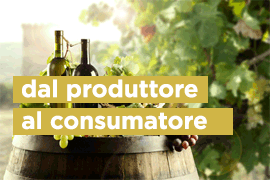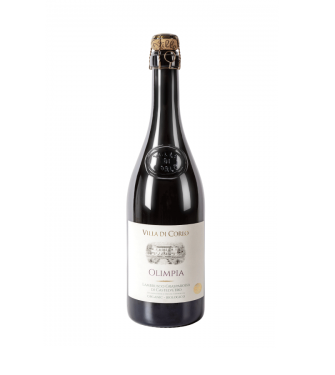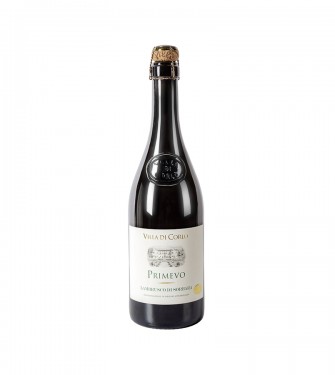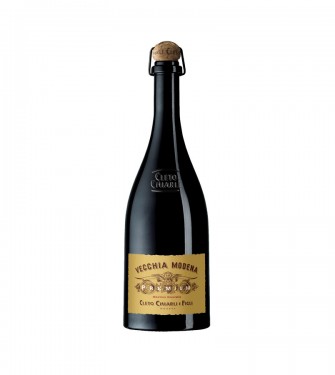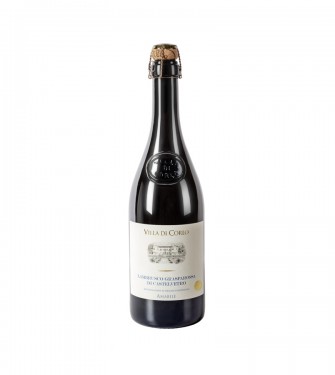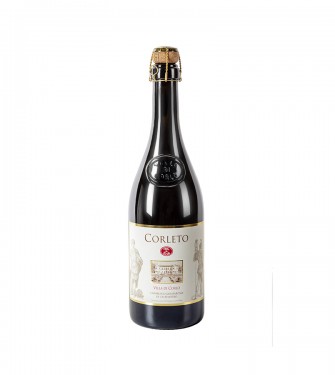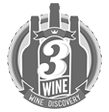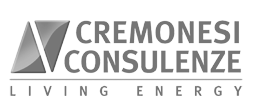products listing page
Lambrusco Di Sorbara DOC WINES
Lambrusco derived from vines grown in Emilia-Romagna, mainly in the provinces of Modena and Reggio Emilia and, in smaller quantities, in the province of Parma, some varieties are grown in Lombardia. It's one of the best known Italian wines and drunk in the world. (continue)
-
Prezzo di listino: € 12,00Special Price € 9,00 -21%
-
Prezzo di listino: € 10,00Special Price € 8,00 -18%
-
-
-
Prezzo di listino: € 10,00Special Price € 8,00 -20%
-
Prezzo di listino: € 12,00Special Price € 9,00 -24%
Lambrusco di Sorbara DOC WINE
Lambrusco derived from vines grown in Emilia-Romagna, mainly in the provinces of Modena and Reggio Emilia and, in smaller quantities, in the province of Parma, some varieties are grown in Lombardia. It's one of the best known Italian wines and drunk in the world. There are four main types of DOC varieties cultivated in Emilia Romagna: lambrusco of Sorbara, lambrusco Salamino of Santa Croce, lambrusco Grasparossa of Castelvetro and lambrusco of Modena. Lambrusco is a ruby red sparkling wine, to be served at 12-14 ° C to fully deliver fragrances and perfumes, can be dry, semi-sweet or sweet.The vine and wine-making
Lambrusco is easily recognizable from the classic foam that is created when pouring in the glass.This foam is the result of the winemaking process that turns the sugars into carbon dioxide and alcohol.
The wine-making methods used today are the classic, or champenois, and the charmat.
With the classic method, the must is put in contact with yeasts selected that guarantee a constant release of the sugar of the grapes. With the Charmat method, the wine made from the initial fermentation is placed in steel barrels where you add filtered musts coming exclusively from grapes of Lambrusco.
Charmat method is the more widespread, because it allows to bottle the wine in different periods of the year and to have an ever young and fresh wine.
Organoleptic properties
All types of lambrusco have in common the following characteristics: the color red, the sparkling tone, a lively and evanescent froth, a fruity scent of violets, a pleasant acidity and the moderate alcohol content.Lambrusco di Sorbara is the clearest and lightweight wine, the Grasparossa is the most full-bodied. The different designations allow you to produce the Lambrusco in the dry, semi-sweet or sweet versions.


